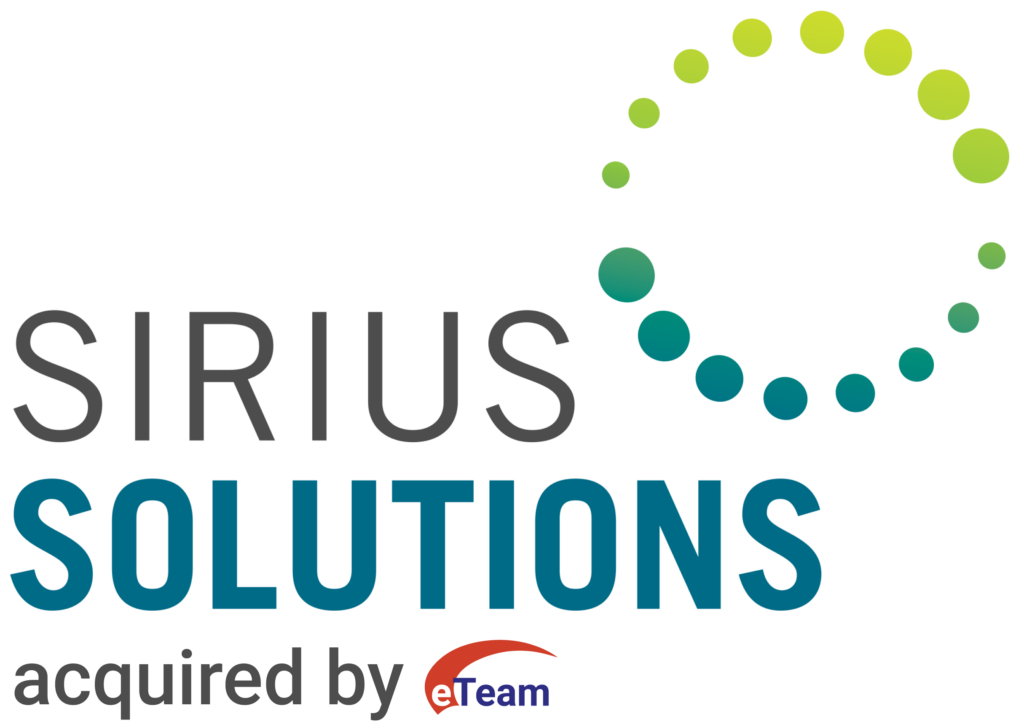Houston Corporate Innovation
Houston’s innovation landscape has gone through enormous progress in the last few years. Bringing together a support system of organizations and institutions, Houston’s startup ecosystem drives startup agendas forward resulting in sustainable progress. In parallel, and more than ever before, Oil and Gas companies are ready and eager to innovate using homegrown and startup generated solutions. But direct connections are tricky. We believe there is a gap that only innovation consultants can fill. Bridging this gap between innovative, startup generated systems and actual, real-life operational solutions falls upon innovators – those who know how to be the conduit between the old and the new.
Despite being engaged in some phase of digital transformation, most companies in Houston are mostly evolutionary in nature. This means that changes within organizations are generally incremental – and that change happens by managing risks and measuring outcomes with strategic goals. Startups, on the other hand, exist to deliver revolutionary concepts – solutions that fundamentally disrupt existing business models and workflows. While companies can hope to develop a culture of innovation by empowering early adopters to embrace new solutions, the reality is that people who work in large organizations are generally not the ones who are inviting bold, new concepts into their firms. And typically, startups harbor those who are challenging the status quo as a way of life. This inherent difference in mentality is a key reason why startup generated solutions don’t naturally translate in a corporate setting where change is both slow and incremental. What we’ve seen work is bringing the two mindsets together with innovation consultants who can translate and transfer ideas. These innovation teams are also critical in driving a culture where employees feel that embracing new solutions and concepts is part of their job.
Innovation teams today do more than bridge gaps, they also drive operational efficiencies and even identify new sources of revenue and growth as they bring in new technologies, often developed at startups.
Innovation teams can accomplish this in multiple ways:
- Innovation teams should make it a practice to maintain a list of startups and new solutions that affect the industry in which they operate. We use Tableau to maintain such a list of startups and solutions used by competitors across the globe.
- Corporate employees and startup founders should meet at a regular cadence so that new ideas and concepts flow across both networks. We found that 1-2 meetings a week is a good cadence.
- Innovation teams should create sandbox environments to vet new startups against business objectives and deliverables.
- Corporations should adopt a methodology – either via labs or within functional departments or via consultants – to test new technologies in a sandbox, working across both users and developers of a solution. Every startup solution should go through a deliberate prototyping and scaling process, and there must be a clearly defined path to scale.
Imbuing this discipline in your corporate culture will make your firm adept at working with startups and continually expose you to startup ideas that deliver disruptive change.
The rise of B2B startups will present a hoard of new concepts, solutions, technologies, and applications to make businesses run better. It is up to the big organizations to find the courage and discipline to develop bold strategies to benefit from these disruptive changes. Consultants and innovation teams can help and are sometimes the key to making this change happen.
Rakhee Das, Technology & Innovation Practice Leader – Sirius Solutions, L.L.L.P.
If you would like further information about Corporate Innovation, please complete the form below.
